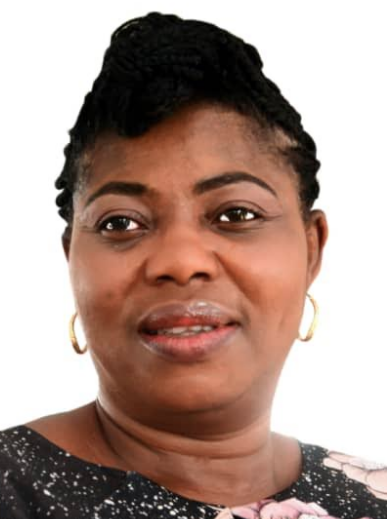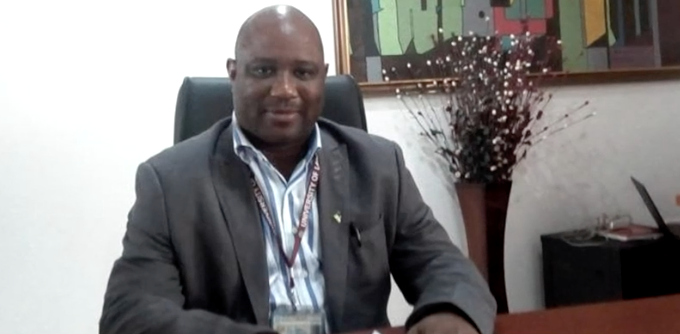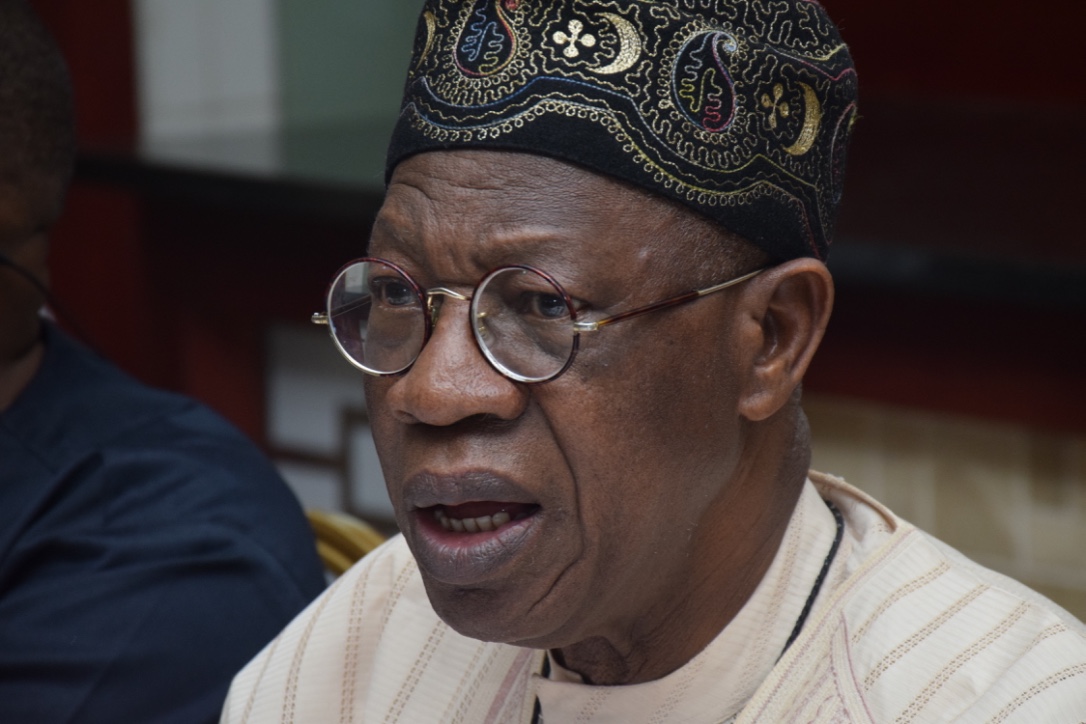Three remarkable things happened this week with regard to the fight against sexual harassment in Nigeria’s tertiary institutions. First was the unveiling of a policy document on sexual harassment at the University of Port Harcourt, in Rivers State. Second was the sacking of eight lecturers at the Akwa Ibom State University, Uyo for sexual offences and the third, the second reading of the sexual harassment bill at the Senate.
The UNIPORT policy document defines the rules of engagement between lecturers, university administrators and students of the university. One of these rules is that lecturers should not hug their female students. The university’s Vice Chancellor, Professor Ndowa Lale, advised teachers whose trousers’ zippers were not well sewn to approach their tailors for necessary amendments in order for them to retain their jobs.
Lale also made it clear that the university was committed to protecting the young men and women put in its care from those that might want to use their privileged positions to get sexual favours. With this, UNIPORT appears to have taken the lead in sending an unambiguous signal to sexual predators on its campus since the BBC’s video on sex-for-grades in some African universities went viral. This is commendable.
On its part, the Akwa Ibom State University reportedly sacked eight lecturers found guilty of sexually assaulting and extorting their students. The university’s Vice Chancellor, Prof. Eno Ibanga, explained that the decision to relieve the lecturers of their jobs was taken after a thorough investigation into their cases. He also swore to run an institution that could stand the test of time. This is also cheering news and hopefully, randy lecturers and others in the university community, would have got the right signal as to what awaits them should they be found guilty of such offences in the future.
Advertisement
As per the proposed legislation on sexual harassment, it was sponsored by the Senate Deputy President, Ovie Omo-Agege. The bill, titled, “A Bill for an Act to Prevent, Prohibit and Redress Sexual Harassment of Students in Tertiary Educational Institutions and for other matters connected therewith 2019,” has 27 clauses. The bill proposes up to 14 years jail term, with a minimum of five years, without an option of fine, for any educator who commits sexual offences in tertiary institutions.
It also defines sexual offences as including: sexual intercourse with a student or demands for sex from a student or a prospective student or intimidating or creating a hostile or offensive environment for the student by soliciting for sex or making sexual advances.
Other forms of sexual harassment identified in the bill are “grabbing, hugging, kissing, rubbing, stroking, touching, pinching the breasts or hair or lips or hips or buttocks or any other sensual part of the body of a student; or sending by hand or courier or electronic or any other means naked or sexually explicit pictures or videos or sex related objects to a student, and whistling or winking at a student or screaming, exclaiming, joking or making sexually complimentary or uncomplimentary remarks about a student’s physique or stalking a student.”
Advertisement
Despite being little drops in the ocean, these developments are worthy of attention, especially in a country where simplistic responses are usually given to important and urgent national maladies. An example of such simplicity, for instance, was reflected in the utterance of the Education Minister, Adamu Adamu, at the unveiling of the UNIPORT policy document. Represented by the Assistant Director, Tertiary Department of the ministry, Mrs Ijeoma Duru, the minister advised female students to stop throwing themselves at their lecturers. His words: “They (female students) should stop going to lecturers unnecessarily and should not harass their lecturers. Girls should read their books and be able to defend their certificates.’’
Imagine a minister of education in this age and time offering such a biased and simplistic solution to a serious matter- a problem that has cost many female students their university education, leaving several others traumatized for life. Left to the minister, the female students are the ones throwing themselves at their lecturers. In other words, lecturers are the victims of sexual harassment.
How can a minister with such a myopic attitude think of taking any reasonable step towards solving a problem as serious as sexual harassment in the nation’s tertiary institutions? No one is denying the existence of some female students that believe they can use what they have to get what they want, but what is the population of such compared to the number of male lecturers that see their students as small animals that they could prey on? Of course, in the same vein, it would be wrong to assume that all lecturers are sexual perverts. As a matter of fact, I believe those causing problem in the system are in the minority. To have a better understanding of the problem, one would have expected the education minister to commission a study into the problem. The results from such a study would have offered a reliable and scientific insight into the problem. The minister could then speak based on facts and figures. Government officials should learn how to hide their bias, especially when speaking on sensitive public issues.
It is also worth emphasizing that sexual harassment is not peculiar to Nigerian higher institutions, neither is it unique to campuses, so there is no point vilifying the Nigerian womenfolk. It happens in workplaces, media houses, among politicians, in the entertainment industry and even in religious organizations. Almost two thirds of UK students and graduates, for example, are said to have experienced sexual harassment while at university, according to a research by Revolt Sexual Assault in partnership with The Student Room. In the same vein, between 20 and 40 per cent of female students in the US are said to be harassed in the university, according to the New York Times.
When the Australian Human Rights Commission conducted a national survey on the prevalence of sexual harassment at Australian universities in 2016, one in two university students was found to have been sexually harassed at least once in a university setting. The report, released in 2017, also noted massive under-reporting of the problem. The survey found out that 94 per cent of students that were sexually harassed didn’t make a formal report or complaint to their university.
When Australia realized the problem of under-reporting, it initiated a campaign to raise awareness of sexual assault and sexual harassment in its 39 universities. It also went further to provide better support services for students, encouraging universities to share resources on best practices. That is a good example of adopting a reasonable approach to solving a serious problem, not trading blames.
Advertisement
Before anyone is deceived into believing that lecturers in advanced countries also harass their students, it is important to note that cases of sexual harassment in these countries are mostly among students on campus-not lecturers harassing students.
Going forward, beyond the sacking of randy lecturers, as done by the Akwa Ibom State University, such lecturers should also be blacklisted. The Federal government agencies in charge of tertiary institutions, the university community and the Academic Senior Staff Union of Universities all have a huge role to play in this regard. These institutions should make the blacklist publicly available for anyone to be able to check. If properly done, this will render sexual predators permanently unemployed as it would be difficult for them to get another job once sacked in any tertiary institution in the country. ASUU and other academic unions in polytechnics, colleges of education and other tertiary institutions should have a register for all their members. Blacklisted lecturers should be flagged and their rights to teach withdrawn.
In addition to this, the federal agencies overseeing the activities of tertiary institutions in the country should jointly commission a research into the problem and come up with a national policy on the issue. Other tertiary institutions should work towards having their own sexual harassment policy. This should explicitly state the process of seeking redress by students, what constitutes harassment and the punishment for harassers.
Aside this, tertiary institutions should encourage the use of anonymous reporting tools. There should be awareness campaigns on how to report cases of harassment on campuses. Many institutions have their own radio stations that could be used for this purpose. Students should be encouraged to come forward to tell their stories without fear of being intimidated, embarrassed or punished.
Advertisement
Olabisi Deji-Folutile is a member of the Nigerian Guild of Editors. Email [email protected]
Advertisement
Views expressed by contributors are strictly personal and not of TheCable.







